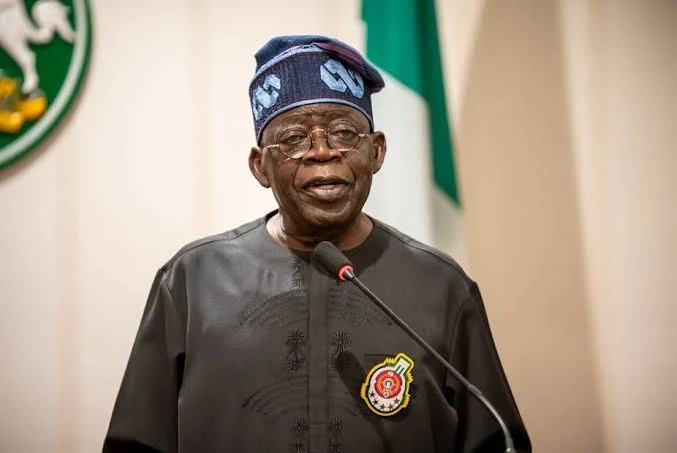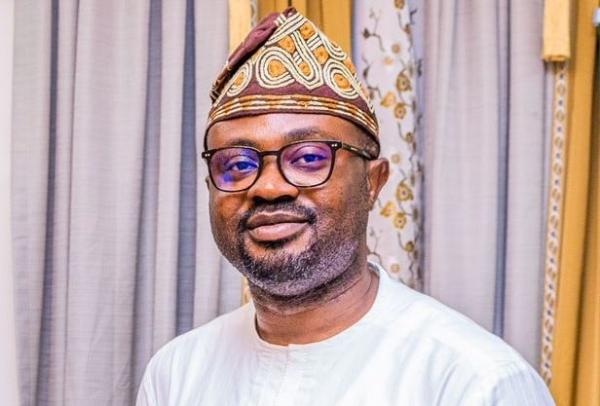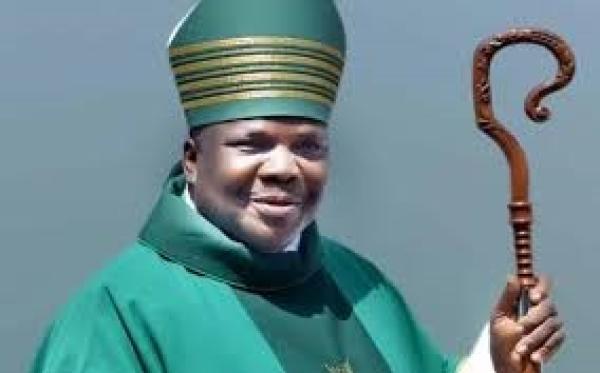
The federal government has asked potential investors in Nigeria’s power sector to consider putting up smaller, fit-for-purpose electricity systems with deliberate attention to Nigeria's peculiar challenge of unstable electricity supply.
The government said in Nigeria’s quest for quicker and easier solution to its electricity challenges, such simple power systems would augment and perhaps keep electricity supply stable pending the completion of planned large power systems.
The permanent secretary in the ministry of power, Godknows Igali told a delegation of Polish investors led by the Polish Minister of Economy, Andrzej Dycha to consider deploying his country’s wealth of technological expertise in such small power systems into Nigeria.
Igali asked the visitors to set up power plants that can deliver smaller megawatts of electricity in the country with a view to making electricity supply available to the people within a short period of time.
According to him, such investments will come handy to Nigeria as well as provide win-win benefits to end-users and investor.
“The investors will get their turnover quicker with Nigeria in turn enjoying the increase in power output instantly,” Igali said when he hosted the team in Abuja.
He explained that the entire value chain of the country’s electricity industry was suffering from long years of neglect and under-funding which informed the decision of President Goodluck Jonathan to pursue electricity privatisation with vigour.
Igali noted that having seen the transformation in the country’s banking and telecoms sectors as a result of privatisation, the government had to inject private sector dynamism into the power sector to help revive it from doldrums.
He said that since the exercise was completed 20 months ago, the country has recorded tremendous increase in the capacity of its power sector to do better than it did, adding that such increase in output capacity would have been noticed if incessant vandalism of gas pipelines was curtailed.
“The Ughelli power station for example, has since then increased its generation capacity from a paltry 115 megawatts (MW) to 650MW and another target of 850MW in some months ahead,” Igali posited.
Igali however intimated the Polish delegation that Nigeria has enough coal deposits to provide as much as 5,000MW of electricity from coal fired power plants, and assured them that the government will provide all the necessary backing for the take-off of such deals on power supply upgrade.
He said: “All permits and licenses would be fast-tracked in order to ensure seamless realisation of projects.”
Dycha had earlier stated that Poland was growing its economy faster than any European country now and has in that regards developed superior technology for coal and renewable energy which it will like Nigeria to tap into to upgrade her power systems.






















